They have millions of fans all around the world, they have influenced modern culture, they have changed they way we feel about the genre in the last decade. Just fifteen years ago fantasy was the realm of geeks and only a fragmented group of people knew anything about the peculiarities of this universe. Now the magical worlds of dragons, hobbits, elfs and white-walkers are the hot stuff that everybody wants to read and be a part of.
But it took the monumental success of two series – The Lord of the Rings trilogy and HBO’s Game of Thrones to achieve all that. Both of them are considered masterpieces of their, but what if we compare them, what if we try to measure their influence, success, fandom, the depth of the plotlines and characters? Would there be a clear winner?
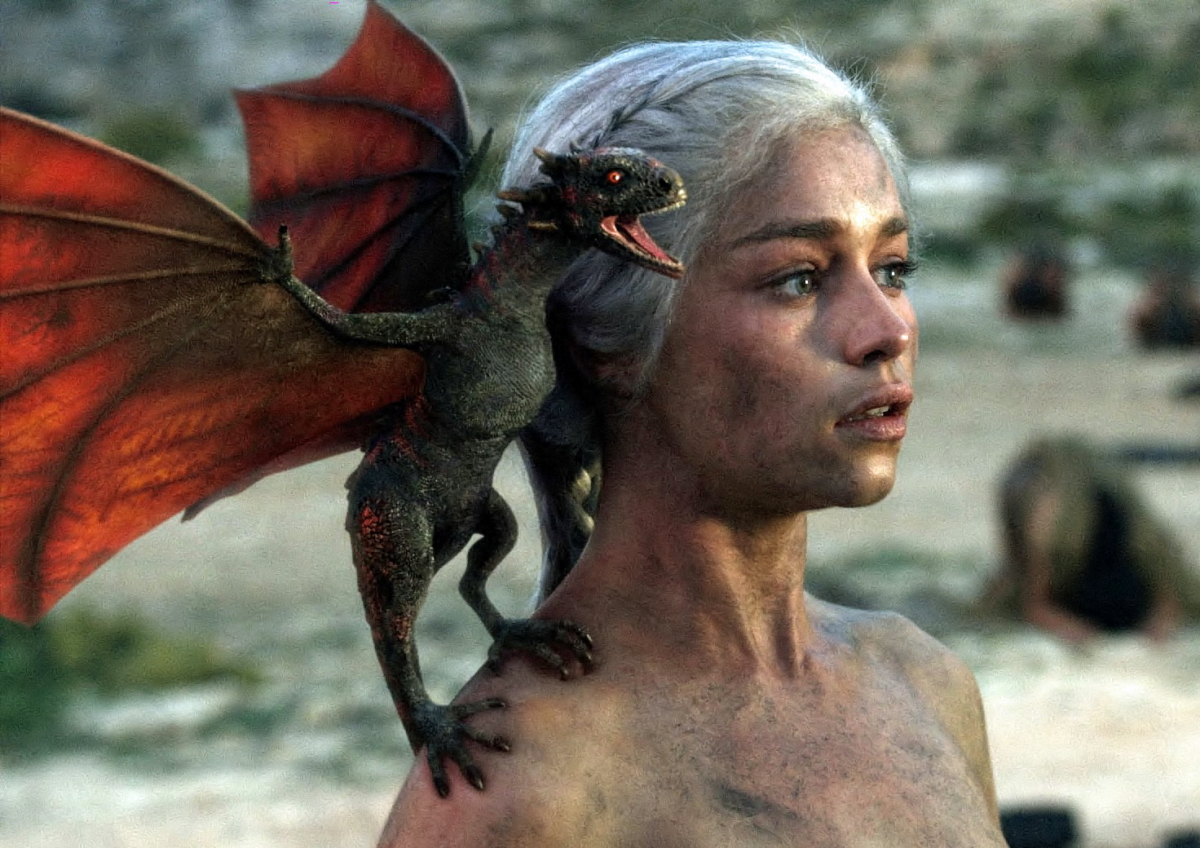
The Stories
George Martin and professor John Tolkien approached their storylines in a completely different way. Fundamentally, The Lord of the Rings has a very simple story and its development is quite straightforward. Many would say there lies the true quality of the book – to remain epic while at the same time keep a very tight reign on the plotlines. The War of the Rings is first and foremost the background for everything that happens in the trilogy and all the characters have a common goal – to see the destruction of this ultimate object of evil. While there are indeed subplots, they remain only secondary in importance and only enhance the main story.
A Song of Ice and Fire is completely different. The further you go into the books the more complex the story becomes. There are numerous main plots – Daenerys and her quest beyond the Narrow Sea, Jon Snow at the Wall, all that happens in Kings Landing, Arya’s journeys back and forth, Theon Greyjoy’s fall – not to mention secondary plots like those of the Sand Snakes, Quentin Martell, Yara Greyjoy and so on. Martin has been criticized that he often follows dead-end plotlines, though we cannot be certain they are finished for good until we get the last book.
A comparison between the two series of books in this regard would be almost impossible, because their authors obviously had completely different goals in mind. The genoius simplicity of The Lord of the Rings has not been outdone by any other fantasy novel. At the same time A Song of Ice and Fire is arguably the most complex epic of the genre.
Final Verdict: A draw.
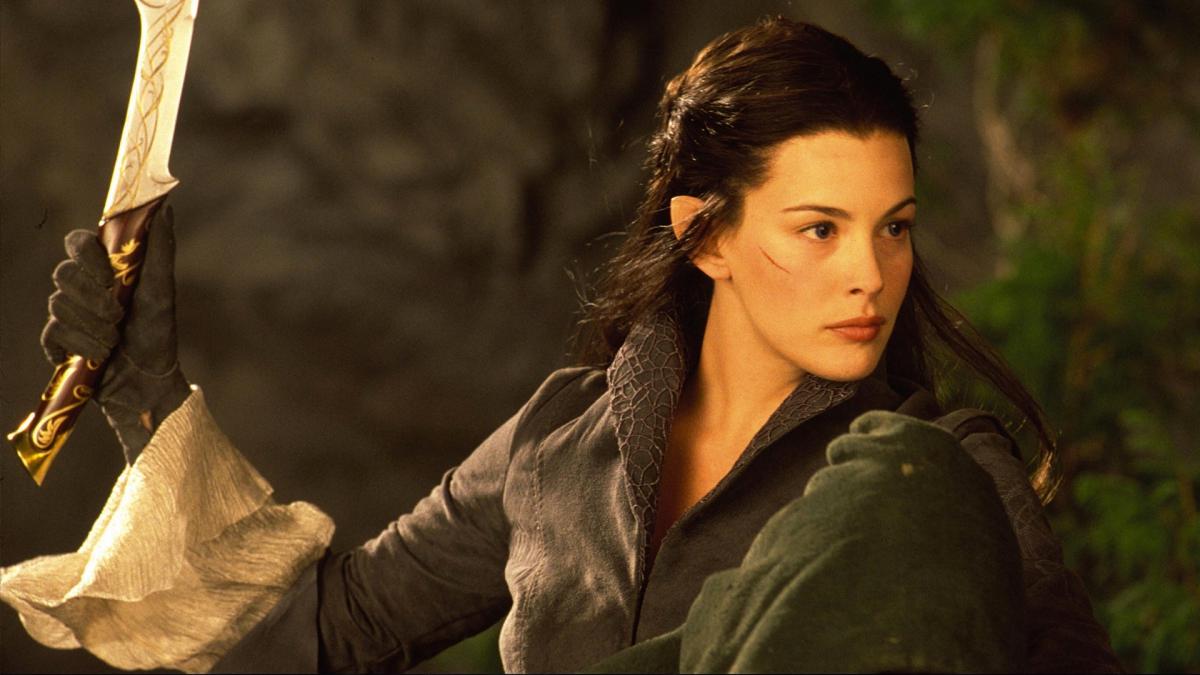
The Characters
George Martin holds a very distinctive advantage in this regard. The fantasy as a genre relies heavily on the story and the description of the fictional world that the author creates. Therein lies much of the magic of this universe. Martin pretty much changed the rules of the game. He created fully convincing characters with realistic psychology, real-life motives and vibrant range of actions and choices. I can hardly think of more complex fantasy characters than Tyrion Lannister or Arya Stark. The true mastery of Martin is that he shows us what this character is made of, what moulded him/her, what is the explanation behind every single move – and we believe and follow him in every turn of the wheel of fortune. Sex, lust, greed, power, revenge, hatred, love or pure sadism – we can find them all on the pages of his books.
Tolkien’s characters are much more shallow in their motives. But then again, Tolkien never meant to write a psychologically truthful novel. His main protagonists (especially Gandalf and Aragorn) are only two-dimensional, knightly, honourable, valiant and dignified as if they walked out of an Arthurian legend. Tolkien was not interested in the motives of his characters – at least not as much as Martin. Frodo’s decision to leave the Shire on a mission he does not understand and later – his choice to become the Ring bearer at the Council of Elrond are just described, but never explained. Aragorn, Eomer, Faramir, Theoden, Legolas, Gimli – they are only brave, straightforward and single-minded, but we can hardly find any negative streak in their character.
Final Verdict: A Song of Fire and Ice is a clear winner here.
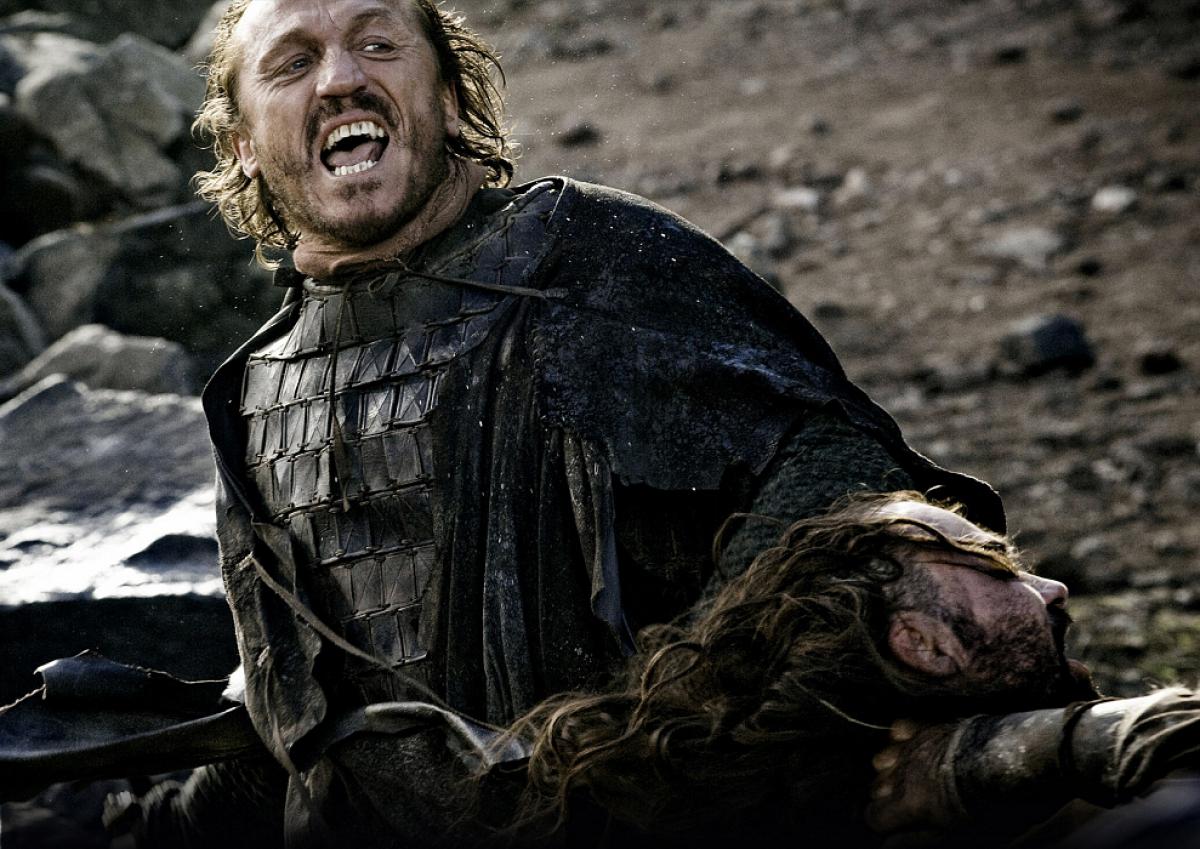
Mythology
Mythology is another main feature of the fantasy genre and there is one and only one figure that towers above the rest – professor Tolkien. He unleashed his full monumental genius in The Silmarillion but we can catch a few glimpses of it in The Lord of the Rings as well. The level of depth and elaboration when it comes to the mythological background of the Middle Earth are not likely to be surpassed – ever! When you come to think of it, the trilogy itself can be described as mythological, because the main force that triggers the action comes from the distant, almost forgotten past and was created by a being from another era.
Mythology plays a very little, if any, part in the development of action in The Song of Ice and Fire. If Tolkien wrote heavily in the mythological subgenre of fantasy, Martin almost single-handedly created what we can call historical fantasy. Think about it – the first two novels of the series, A Game of Thrones and A Clash of Kings feel more like historical novels rather than pure fantasy. The fantastic elements are very subtle and do not play a significant role in the storyline until later in the series. Truly, Martin does dig in the history of the Seven Kingdoms, but he hardly touches their mythology.
Final Verdict: A crushing victory for team Tolkien.
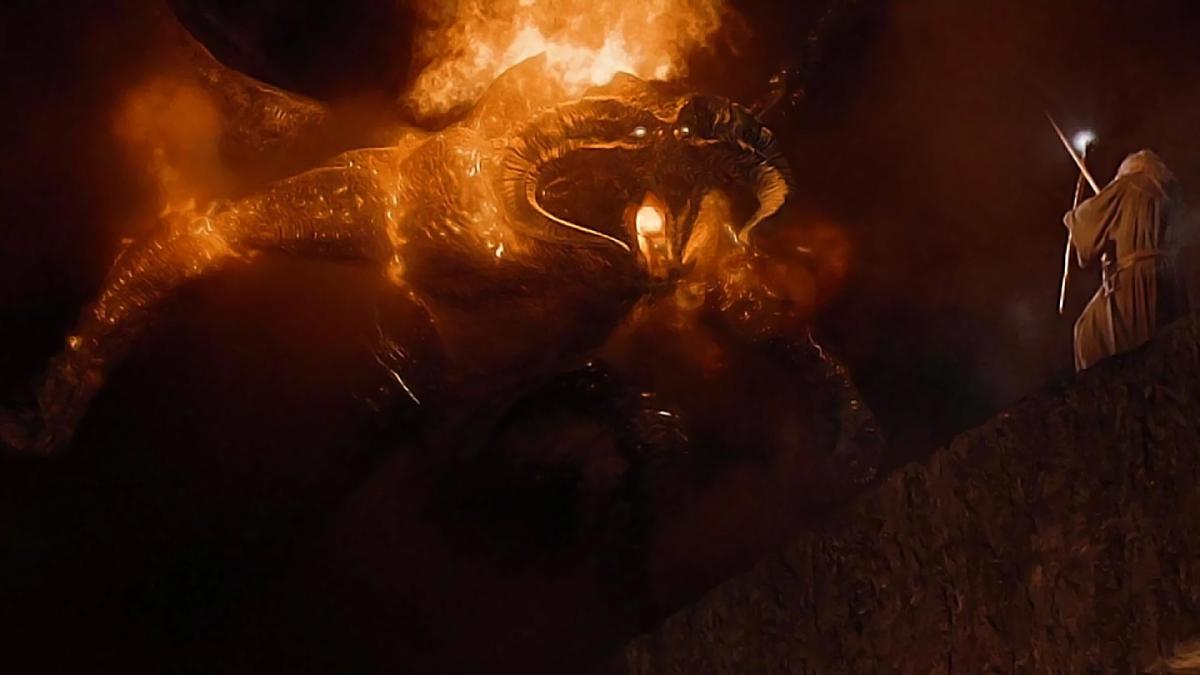
Influence
The Lord of the Rings holds the advantage here for the simplest of reasons – it was published about forty years earlier than A Game of Thrones and fifty-five years earlier than A Dance with Dragons. To second that the movie trilogy came out on the screen a full decade before the TV show. Tolkien’s work heavily intertwined with the hippie movement and became one of its bibles. It strongly influenced not o
nly the whole genre of fantasy (including George Martin, who readily admits it), but also computer games and music.
Having said all that, A Song of Ice and Fire has all the potential to rival its older competitor in the decades to come. Right now it is the most recognizable fantasy product in the world and it will remain so in the near future. Still, it will need some time to reach the reverence and stature of The Lord of the Rings. Besides, Martin has not finished it yet.
Final Verdict: A slight advantage for The Lord of the Rings.
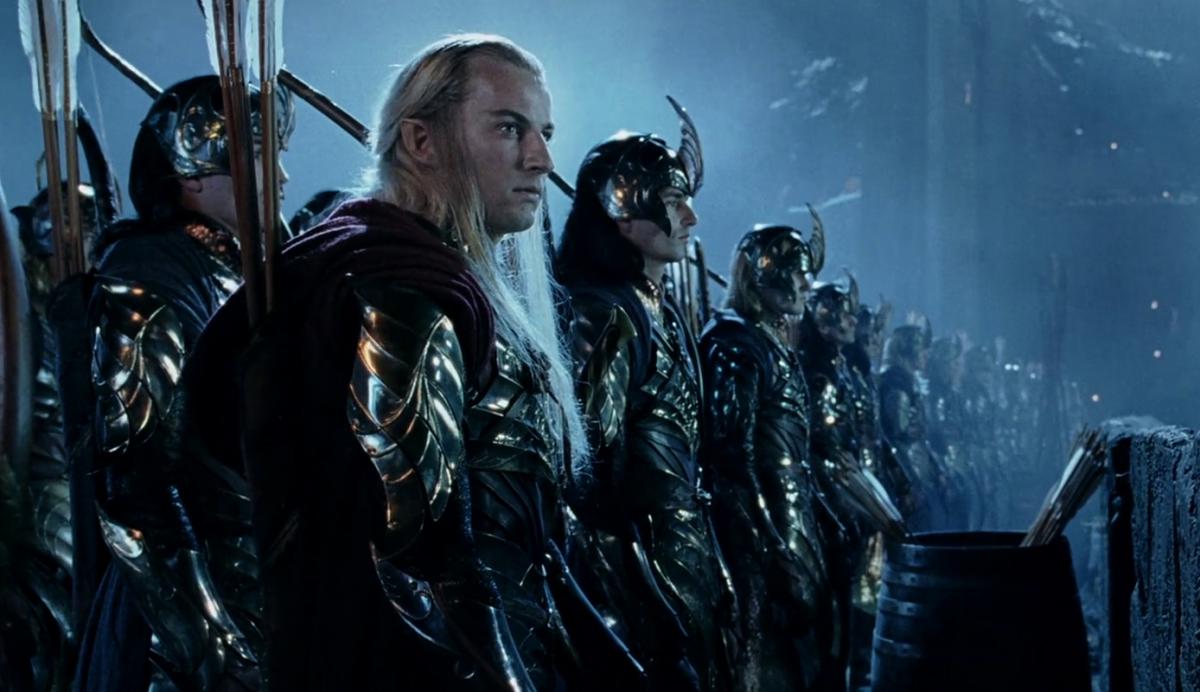
The Adaptations
The Peter Jackson trilogy won the stunning 17 Oscars (The Fellowship -4; The Two Towers – 2; The Return of the King – 11) and cashed nearly $3 billion worldwide, becoming the most successful movie trilogy of the new century. But it was something more – it proved to the world that fantasy was not just about fairies, dwarves and elves and it can move, inspire and dazzle us. The scope of the movie, the great cast, the stunning vistas of New Zealand all conspired perfectly to bring Middle Earth to life. It was a journey like no other we have seen since.
When HBO decided to embark on their Westeros journey I do not think that even the most optimistic executives expected the mind blowing success of Game of Thrones. Though the show does not replicate The Lord of the Rings critical acclaim, it still stole a few Emmies and Golden Globes (most noticeably – best supporting actor for Peter Dinklage). But the fact that millions of people forget about anything else come Sunday is a proof for its enduring success. You can hardly think of another TV show that can produce moments like The Red Wedding, can you?
So it basically comes down to this – the best movie of the new century vs the best TV show of the new century.
Final Verdict: A draw.
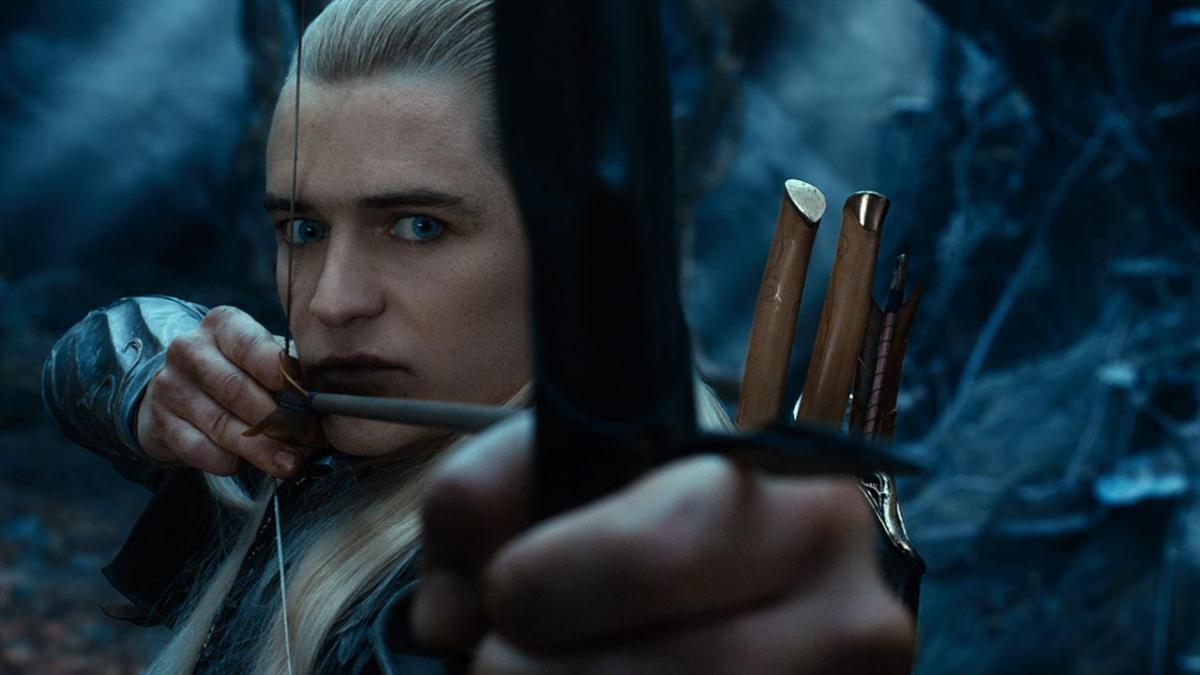
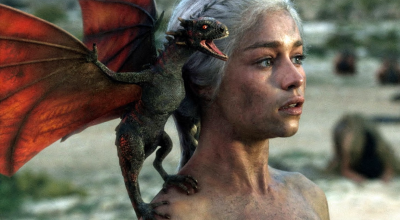
Leave a Reply